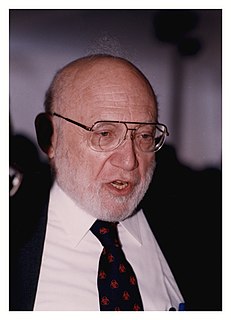A Quote by Brad Stephan Gregory
The processes of secularization that followed in the wake of the Reformation continue to work themselves out in complicated ways, not only in Europe but also in North America. To make a very long and complex story short, the success of the Reformation combined with the persistence and renewal of Roman Catholicism in the 16th and 17th centuries made Christianity into an enduring, disruptive problem in new ways, layered on top of problems that already affected late medieval Christianity.
Quote Topics
Affected
Also
America
Catholicism
Centuries
Christianity
Combined
Complex
Complicated
Continue
Disruptive
Enduring
Europe
Followed
Late
Long
Made
Make
Medieval
New
New Way
New Ways
North
North America
Only
Out
Persistence
Problem
Problems
Processes
Reformation
Renewal
Roman
Roman Catholic
Short
Story
Success
Themselves
Top
Very
Wake
Ways
Work
Related Quotes
The modern Western world is in many ways a sustained attempt to deal with the unintended and unwanted problems related to the disruptive fracturing of Christianity in the 16th and 17th centuries; We can't understand ourselves or our world in 2017 - or its increasingly obvious and grave problems, and just how deeply rooted they are - unless we understand how much they owe to attempts to deal with the problems derived from what started 500 years ago, in 1517.
When the Reformation became established, one of the things that was a question between Catholicism and the Reformation traditions was whether there was a hierarchy of being. If you look at Thomas Aquinas, for example, you have hierarchies of angels and all the rest of it, and hierarchies even of saints and then subsaints - people who aren't quite there, that sort of thing. The Reformation rejected all of that and created a new metaphysics, in effect, that is not hierarchical.
Reason and free inquiry are the only effective agents against error. Give a loose to them, they will support the true religion by bringing every false one to their tribunal, to the test of their investigation. They are the natural enemies of error and error only. Had not the Roman government permitted free inquiry, Christianity could never have been introduced. Had not free inquiry been indulged at the era of the Reformation, the corruption of Christianity could not have been purged away.
The New Apostolic Reformation is an extraordinary work of the Holy Spirit that is changing the shape of Christianity globally. It is truly a new day! The Church is changing. New names! New methods! New worship expressions! The Lord is establishing the foundations of the Church for the new millennium. This foundation is built upon apostles and prophets. Apostles execute and establish God's plan on the earth.
A revolution without a prior reformation would collapse or become a totalitarian tyranny. A reformation means that masses of our people have reached the point of disillusionment with past ways and values. They don't know what will work but they do know that the prevailing system is self-defeating, frustrating, and hopeless. They won't act for change but won't strongly oppose those who do. The time is then ripe for revolution






























